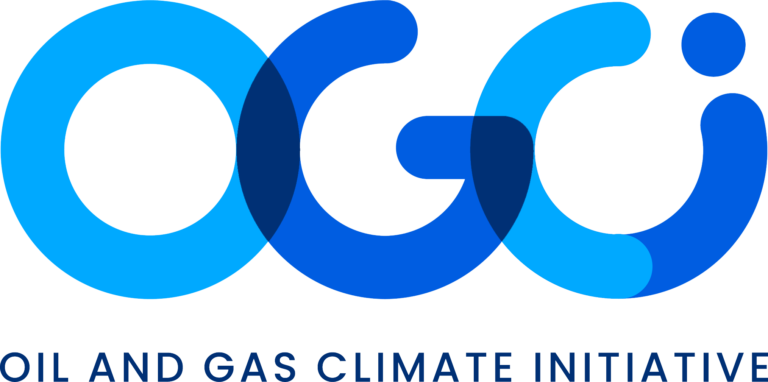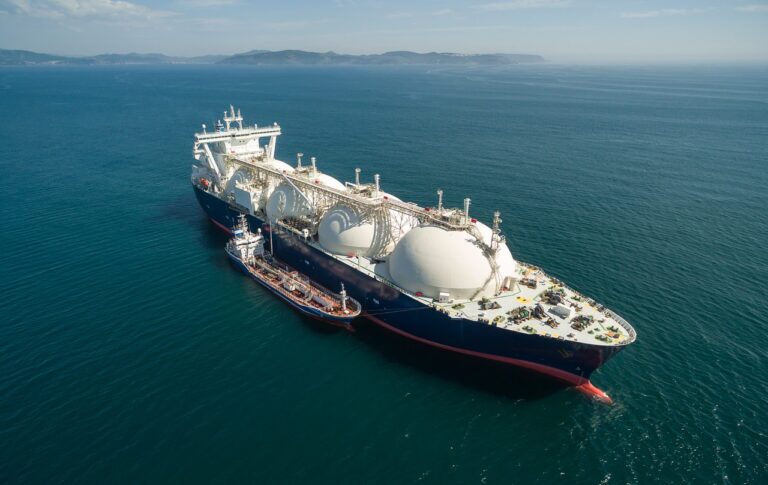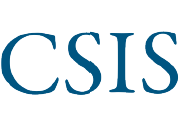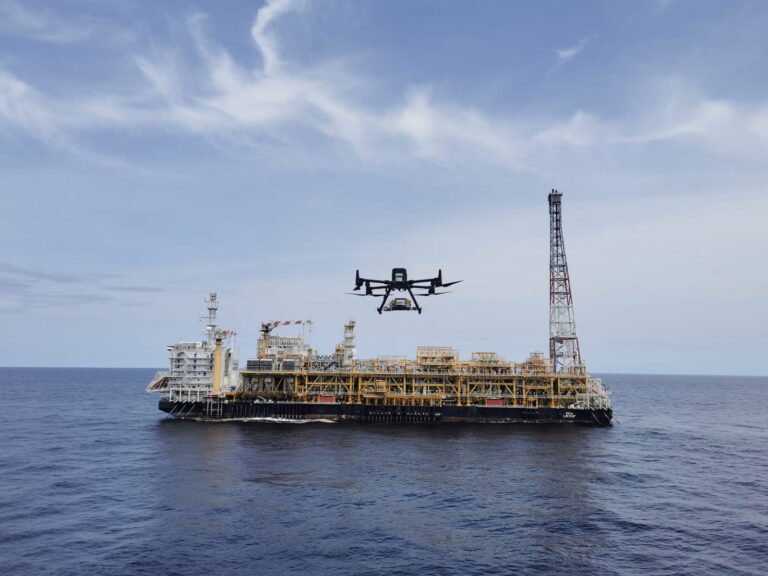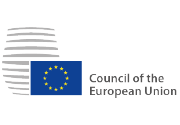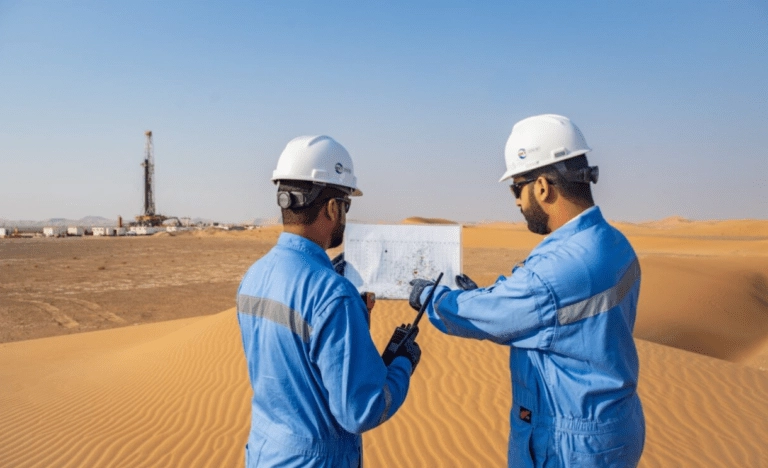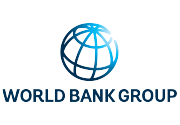Flaring management guidance, developed by Ipieca, IOGP and GGFR in partnership, outlines new developments in flaring management and reduction, and examines industry experiences with eliminating flaring, new technologies, business models, operational improvements and regulatory policy. It also features case studies and examples of positive change.
Flaring management guidance – a summary
The global oil and gas association for advancing environmental and social performance across the energy transition.

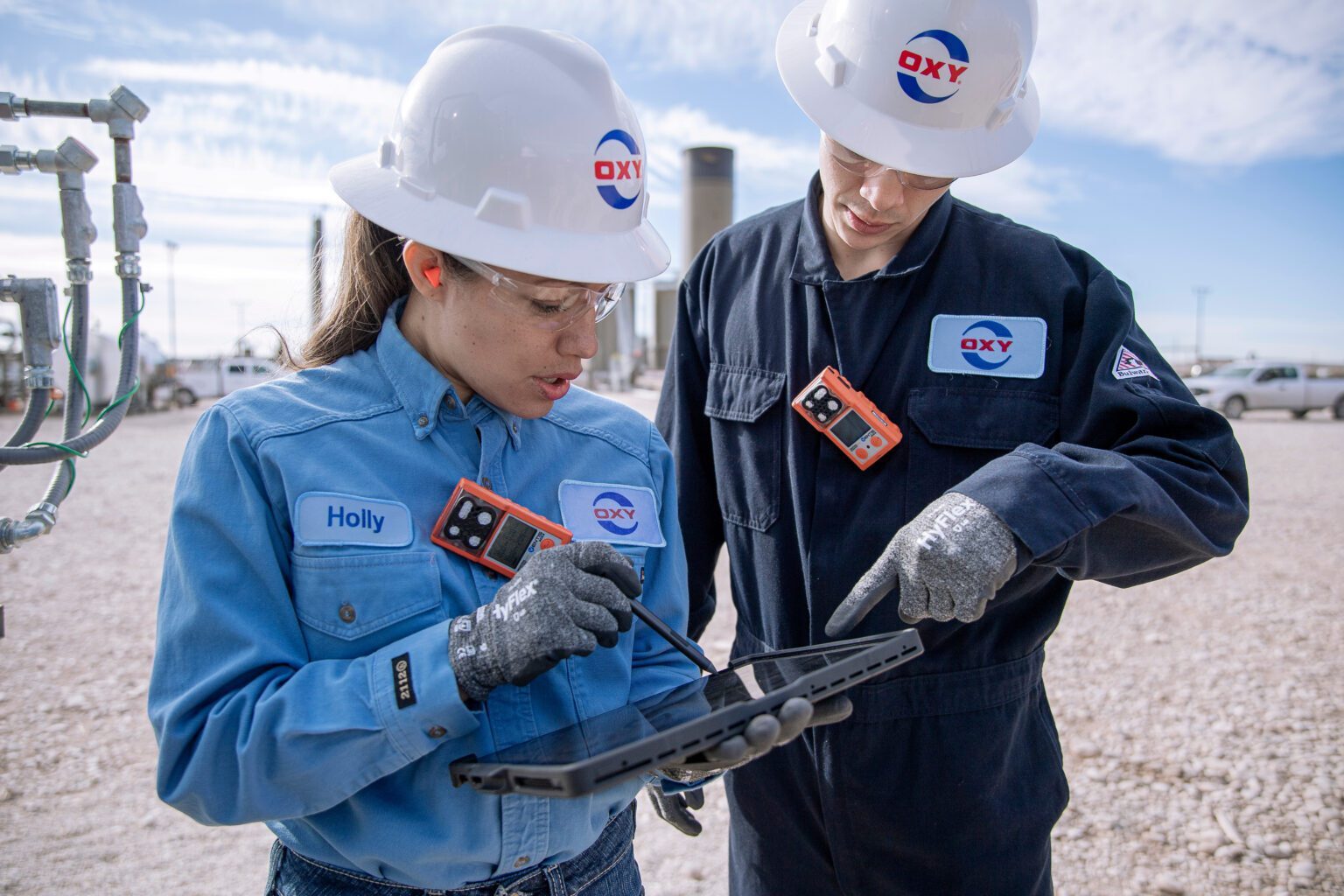
OGCI and its member companies do not assume any responsibility for the accuracy or reliability of any information offered by third-party websites linked though this site. The views expressed in the external content do not necessarily reflect those of OGCI or its member companies. See our Terms of Use.
Region
Global
Published
2022
Resource Type
Best practices
Category
Methane abatement strategies
More info
Sub-Category
Operational guidance
Segment
Midstream | Upstream
Equipment
Flares
Related resources
The article from CSIS discusses the European Union’s new methane rules and their potential impact on global LNG exporters. It highlights how the EU’s stringent
This briefing provides an overview of the key sources of methane (CH4) in the EU. It also describes the main EU and international policy processes
EU Methane Regulations. The EU Methane Regulation (EU/2024/1787), effective from August 4, 2024, marks a significant step in the EU’s strategy to reduce methane emissions
Recently visited resources
The IEA’s gas flaring page reviews global flaring trends, environmental impacts, and reduction strategies. It discusses flaring’s role in greenhouse gas emissions and offers links
Brochure created by GasNaturally discussing methane emissions in Europe. It highlights the environmental impact of methane, O&G sources, and emission reduction strategies. The document also
This book highlights the business case for reducing gas flaring and methane emissions (FMR), offering a framework for policymakers to evaluate FMR project feasibility and
